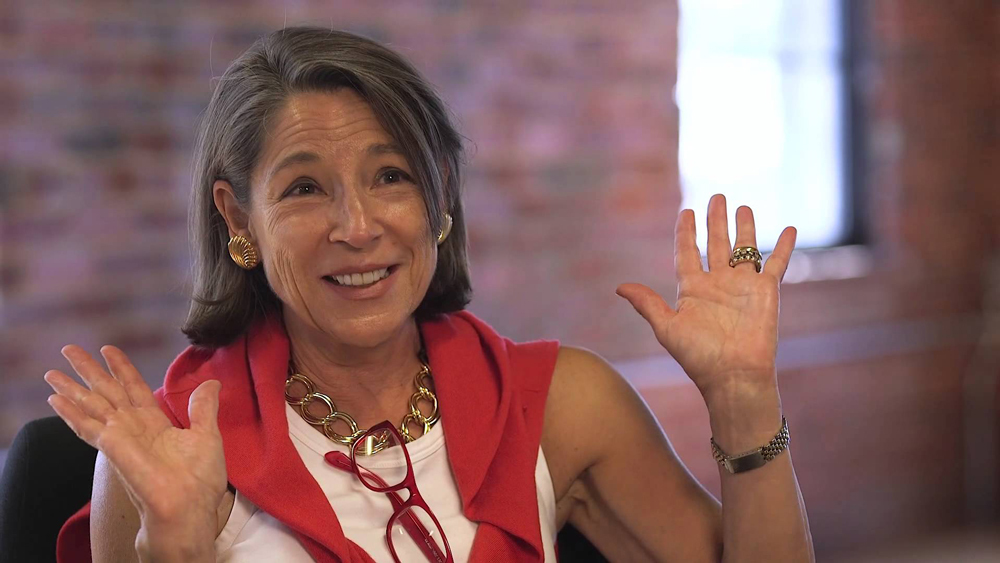
Long gone are the days of dial-up Internet and AOL messenger where internet speeds were universally slow for everyone. Now, we all get impatient if our Instagram feed doesn’t refresh in milliseconds or our videos on YouTube start to buffer. This is all made possible by something called net neutrality—open and fair Internet service.
In 2015, regulations were placed so that internet service providers (ISP) treated all online content the same—not showing favoritism to certain websites or penalizing others with slower speeds based on your ISP. Today, the FCC—headed by Trump-appointed chairman Ajit Pai—voted to repeal these rules, changing the way we use the Internet moving forward. Maryland is one of 18 states in a multi-state lawsuit challenging the net neutrality repeal.
Deb Tillett, executive director of Emerging Technologies Center (ETC), an incubator for tech startups in Highlandtown, explained how the repeal of these regulations will drastically affect the small businesses and innovation in the city.
In layman’s terms, can you explain what net neutrality means?
It means that the internet should be an open marketplace, available to anyone, at any time, with total equality, regardless of who they are, without disclosing why they’re using it. So in the same way that you would use your telephone line and nobody stops you from making any calls that you care to, whether it’s offensive to anyone or not, you can pick up your phone and dial. The internet itself should be considered a basic utility, and it’s the foundation and fundamental nature of everything that we do. By doing away with net neutrality, you essentially put a gatekeeper in place.
Without net neutrality, I wouldn’t be able to sound as smart as I do about the topic because the articles I’ve read wouldn’t be openly available to me. [Laughs]
That’s a great point. Why do you think the net neutrality rules were established in the first place?
As we got more sophisticated and realized we could do more things with the internet, it became necessary to keep it the neutral, open marketplace that it had become. Monopolistic service providers like Verizon, AT&T, and Comcast are literally in charge of content. So the FCC put these rules in place—they had been trying to do it for years, but it wasn’t until 2015 that they were actually able to get the laws passed.
Why do you think that the FCC wants to repeal the rules now?
I think it’s greed. They would essentially be back in control, so if they had a preferred provider of content, they would favor that. Again, I think it goes back to bottom lines, that the three monopolistic service providers would have more ways to create more income.
What would that mean for small business and startups in Baltimore?
It’s extremely critical in a city like Baltimore, where the small businesses and innovation spaces are the foundation of our economy. This has the greatest impact on small businesses and startups because, if you have an idea for an app or you want to put up a website, you can’t afford to pay what a larger, fiercer competitor pays and it ultimately puts you out of business.
It’s stomping on the little guy because big guys can afford to pay more for content, pay more for faster speeds, pay more—you hear what I’m saying? It’s all about pay. Small businesses rely on the internet for their websites to attract customers. Using web advertising to push people into a store. The ability to block speech and prevent any kind of free speech is really disturbing to me.
Wow. What about regular consumers and local nonprofits?
It’s an absolute blow to minorities and underserved communities. People who have used this open internet to organize to get the word out about oppressions for them—to find like-minded people to come together and make a stand. Providers could potentially sensor that content if they don’t like what you’re saying.
It has the direst of consequences. The internet’s openness is what fosters job creation, competition among small businesses, and clearly innovation.
Do you think that there’s anything that the Baltimore tech industry can do about the net neutrality rules being repealed?
The only possible solution is that we band together and do the best we can to have it overturned. We would have to—it would put tons of people out of business. It’s so crazy. I can see it being a real detriment to any kind of startup. Some of my mature companies can probably find a way, but some of the folks just starting out and developing apps and want to get the apps out there, absolutely, positively depend on this open marketplace.
